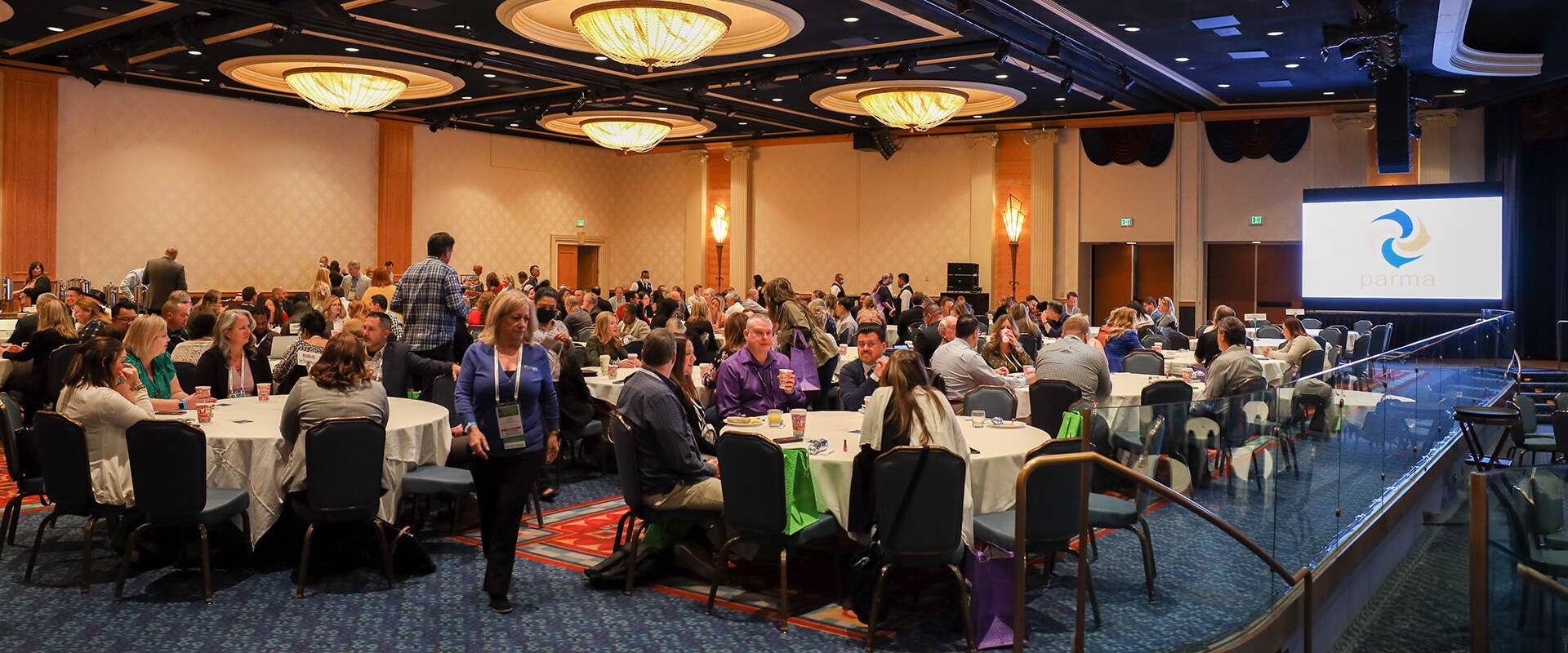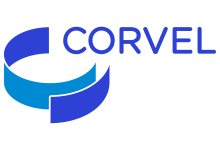California COVID-19 Benefits Fraud, Cyber Attack Could Reach $9.8B
California may have paid out nearly $10 billion in phony coronavirus unemployment claims – more than double the previous estimate – with some of that money going to organized crime in Russia, China and other countries, according to a security firm hired to investigate the fraud.
At least 10% of claims submitted to the state Employment Development Department before controls were installed in October may have been fraudulent, Blake Hall, founder and CEO of ID.me told the Los Angeles Times.
The Times said that would work out to $9.8 billion of the benefits paid from March through September.












